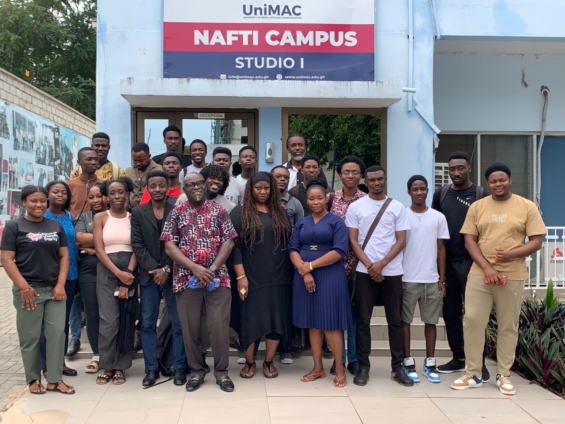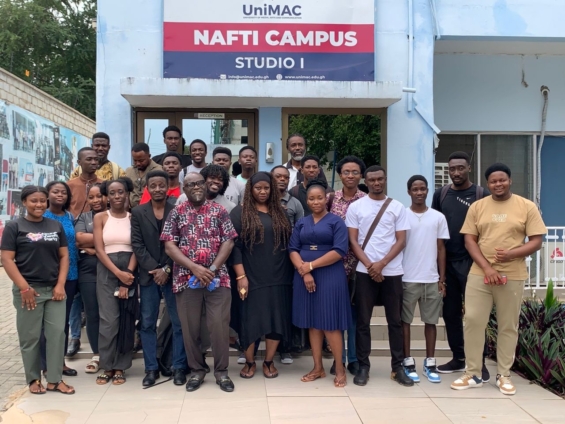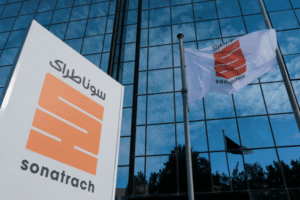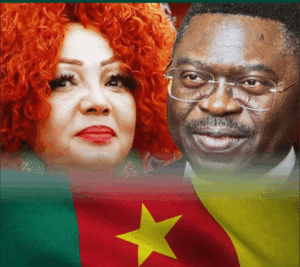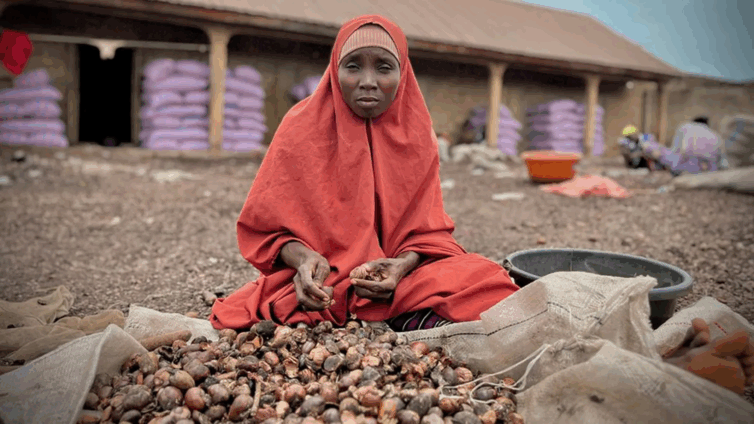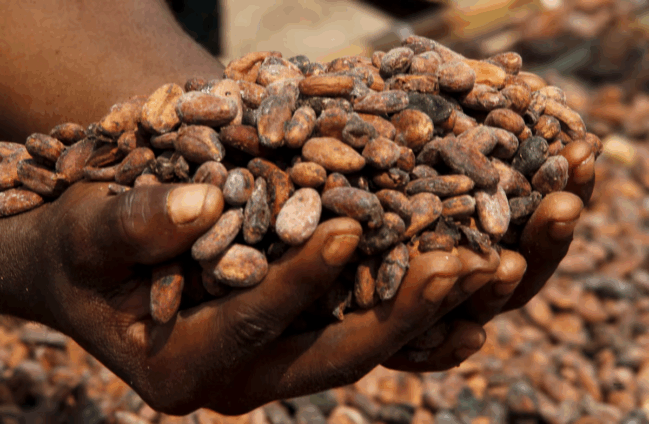Award-winning Hollywood producer and cultural advocate Sharifa Johka has urged film students at the University of Media, Arts and Communication–Institute of Film and Television (UniMAC-IFT) to prioritise reputation, consistency and credibility as the foundation for lasting success in the creative industry.
Speaking at a masterclass on 1st September 2025, Johka, who is also the Founder and Executive Director of Black Realities, told students that while technical knowledge is important, resilience and strategic thinking are what ultimately sustain a career in filmmaking.
“Film school is absolutely important… but the industry ultimately tests your resilience. Sets are messy, budgets are never enough, the rain stops the show, and you have to be able to adapt,” she said.
The two-hour session was organised around three themes: Reality versus Theory, The Practical Craft, and Funding and Resources. Johka explained that success in the industry depends less on grades and accolades, and more on how one is perceived over time. “It’s no longer about grades, it’s about reputation. And reputation is based on consistency. Reputation is your currency. It opens doors, builds trust, and shapes how people engage with you,” she stressed.
She also shared strategies for dealing with industry gatekeepers such as producers and festival programmers, urging students to prepare thoroughly, present ideas clearly, and remain adaptable. “Gatekeepers have biases, but they also have jobs to do. If you show up prepared and clear, some doors will open. If one doesn’t accept it, find another strategy.”
Johka emphasised that networking should not only be about seeking mentorship or climbing the ladder but also about forging collaborative peer relationships. “Look to the right and to the left. These are the people you’ll rise with,” she advised.
On the practical side of filmmaking, Johka encouraged students to sharpen their craft through peer projects, micro-films and reshoots rather than waiting for formal job opportunities. “If you wait for someone to hire you before you practice, you’re not serious,” she said.
She further underlined the importance of budgeting and resource allocation, noting that spending should reflect creative priorities. “Every line in the budget should reflect priorities. If you say visuals matter the most but only spend 1% there, I won’t believe you.”
Addressing the challenge of funding in African cinema, Johka advised students to use proof of concept as a tool to demonstrate capability and vision. “Your proof of concept is your credit card. It shows the world what you can do and why your story matters.” She added that funders look for clarity of story, urgency, feasibility, team competence and the director’s unique perspective. “If you can explain your story in two sentences, it’s a good story.”
The masterclass concluded with reflections on integrity and consistency. Johka told students that credibility is built through reliability and smart choices, even in unpaid opportunities. “Your goal when you work for free is to gain access, learn every day, and build relationships. If the opportunity ceases to offer growth, pivot and find the next chance. Consistency and reliability create credibility that lasts.”
Students left the session with practical lessons and renewed motivation, inspired by Johka’s message that in the creative industry, reputation is indeed currency.
